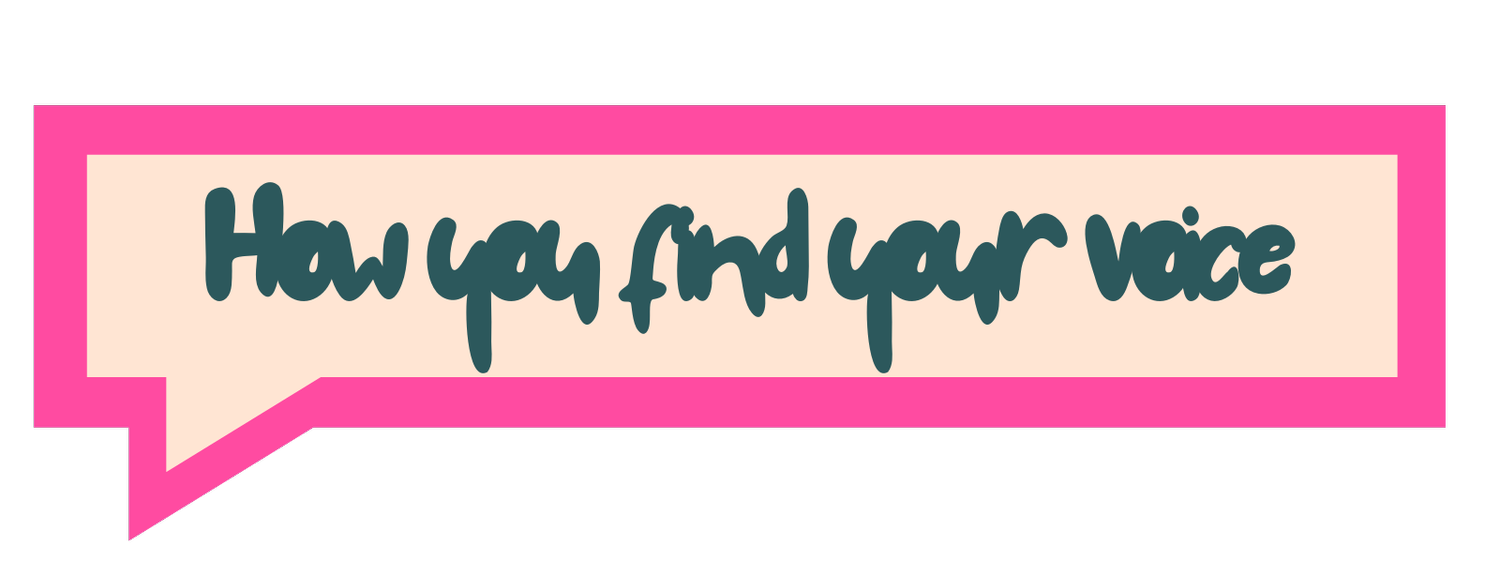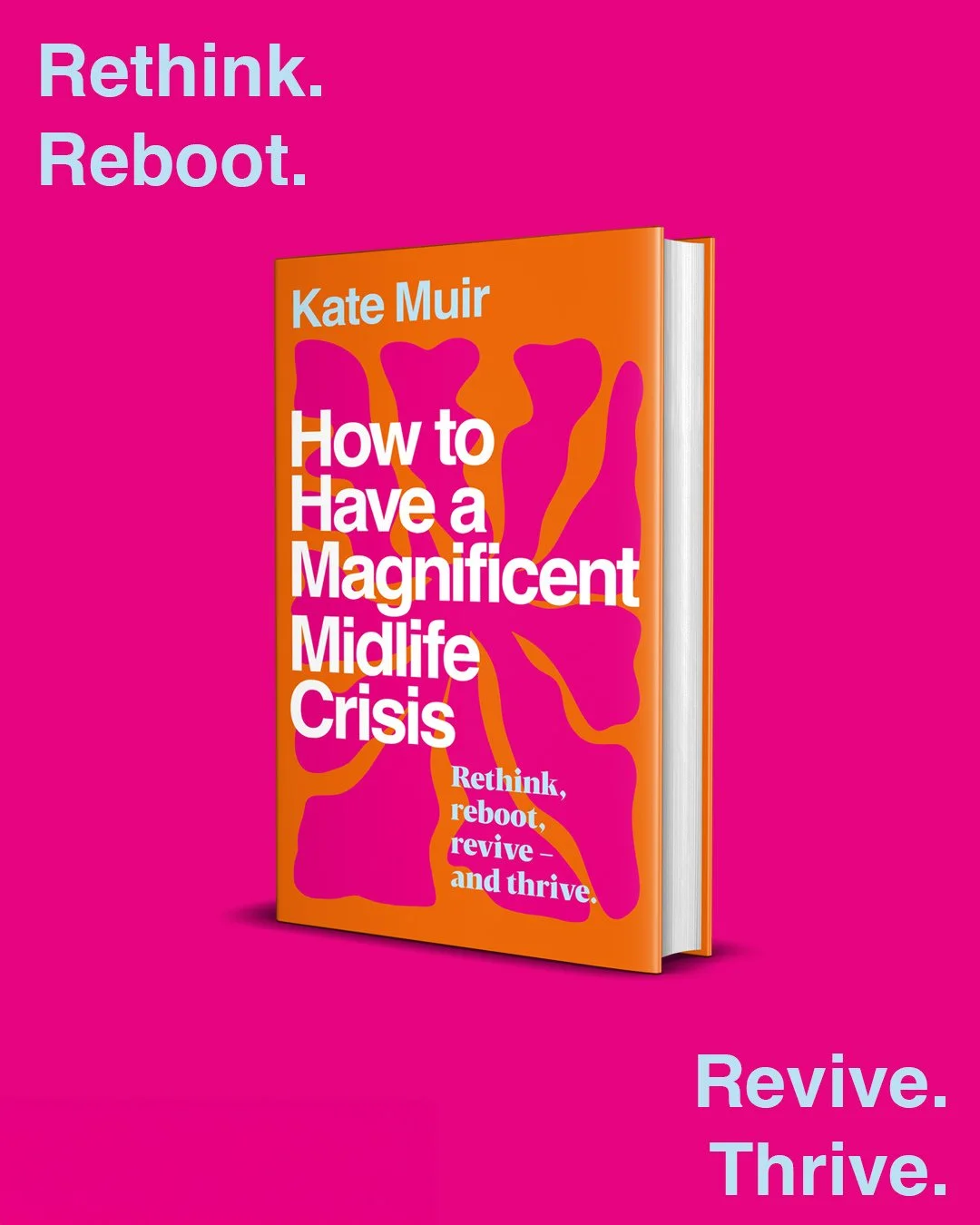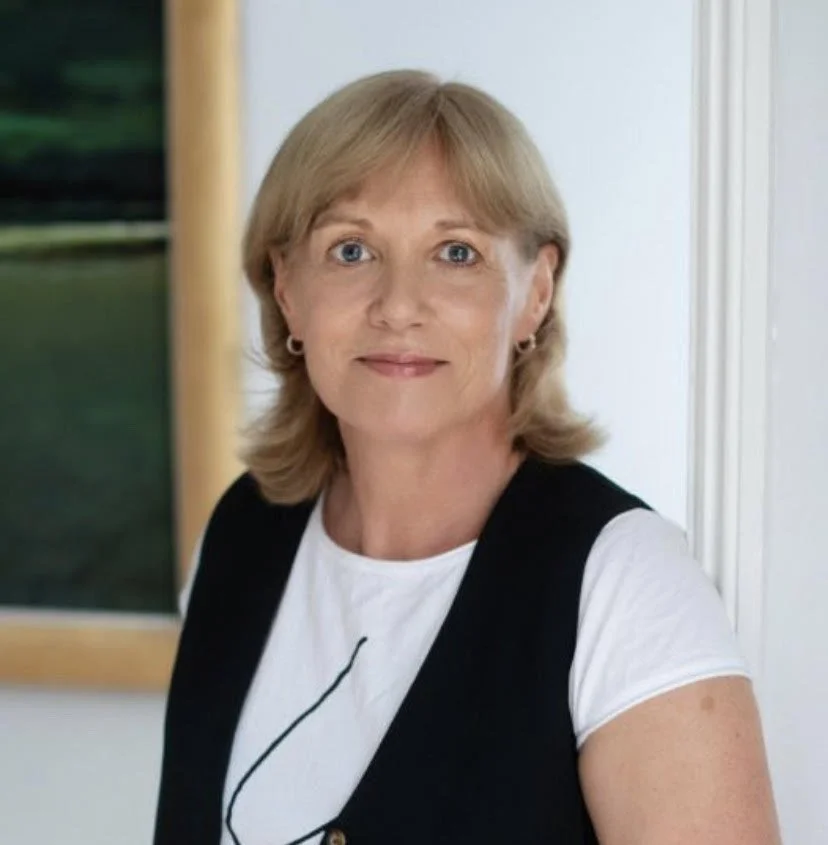How to Have a Magnificent Midlife Crisis: Kate Muir on Menopause, Brain Health and Midlife Transformation
Kate Muir on menopause, memory, brain health and midlife reinvention - plus the little-known link between estrogen and Alzheimer’s risk.
How to Have a Maginficent Midlife Crisis
Midlife: not a crisis, but a becoming.
A couple of weeks ago I had the pleasure of talking to author, documentary maker and women’s health and menopause campaigner, Kate Muir, about her brilliant new book, How to Have a Magnificent Midlife Crisis.
Some of you might remember Kate from our 5x15 Bristol menopause special last year. She chaired a fascinating conversation with the writer, Sharon Blackie, which delved into the wise women of myth and folklore (featured in Sharon’s latest book). It was a special night in a candle-lit de-consecrated church. As they discussed giantesses and goddesses, witches and hags, they interwove their own stories of menopause and midlife transformation. The evening even gets a mention in Kate’s new book (yes, I was quietly chuffed when I spotted that)!
Wise Women: Menopause Special Event with Sharon Blackie and Kate Muir , 5×15 Bristol, October 2024
Launching How You Find Your Voice
So when I began shaping what How You Find Your Voice — and how to launch it — I thought of Kate. I felt that this book and the themes it explores, would be the perfect jumping off point for this new, platform, which is all about finding your passion and purpose. And voicing it.
I started HYFYV, as I’ve become obsessed with the idea of finding my voice; especially as a woman; especially as one navigating the messy middle part and the ever shifting sands of identity; especially as I hurtle towards the time of life when women are meant to become invisible, preferably unseen and unheard.
I know it’s not just me. So many women in my life have lost touch with their voice, (read their sense of self) during these big transitional times, whether they be motherhood, mental health crises, relationship breakdowns or (peri)/menopause. Sometimes it’s everything all at once: AKA the shit storm. Just one heady soup we’re swimming in, trying not to drown.
As I discovered from this conversation with Kate, women really do have a complete neurological, hormonal and mental overhaul three times in life. These points can be crisis points, but they are also potential moments of rebirth. This unshackling, this rebirth is what this project is all about. And this conversation captures all of these things.
Kate Muir
How She Found Her Voice
I asked Kate what set her on this path. “It was a really personal becoming political moment for me,” she said.
Her mum had just died of Alzheimer’s. Kate was working as a film critic, but started forgetting words — not obscure ones, but everyday things. One day she wrote shaver on a shopping list because she couldn’t remember the word razor. It scared her.
“I thought, this is me forgetting a domestic noun, like my mum had been doing. And I thought, I've got Alzheimer's. Rang my mates, said I've got Alzheimer's. They were like, no, you don't, you just need to go and get HRT, but nobody talks about it”
She got it privately. Within a week, her memory returned. The fog lifted. The heart palpitations stopped. She could speak without notes again.
And that’s when the bigger questions began. Why hadn’t she known menopause could affect memory? Why wasn’t this information readily available? What if this wasn’t just her story, but every woman’s?
“I was stunned,” she said. “Why couldn’t I, as a journalist, Google menopause and find that it causes memory loss and heart palpitations? Why didn’t I know there’s a new safer kind of HRT? What about all the other women losing their memories…losing their jobs?”
She described the moment she realised the scale of it:
“I thought, my God…this is the best story I've ever found in my career in journalism. And I had that animally tingly feeling that this was a great story that I was going to do everything I could to research and run with it.”
She met Dr Louise Newson, who taught her how to read science papers. She started learning how to decode headlines and dig into actual data. She discovered that she loved it, that this was her midlife calling: “I realized I love science and I love explaining science to people”
Most importantly, this wasn’t just about reclaiming her own mind. It was about helping other women keep theirs.
A light bulb moment
The Mind- Hormone Link
The more she learnt, the more she came to understand the profound effect hormones have on mental health, but also on the physical health of the brain.
She discovered that women make up two-thirds of Alzheimer’s diagnoses and that oestrogen has a powerful role to play in protecting memory and cognition.
“It was like a big detective story,” she said. “And then when Alzheimer’s came into it — and the good news started to grow — I became obsessed with winning the menopause battle against the people saying, ‘just drink sage tea and carry on.’ That is absolute bollocks.”
Kate is passionate about educating women about the link between menopause and mental health. As you’ll see if you watch the recording, Kate’s a real hoot! We chatted about everything from testosterone improving your orgasms to the unexpected upsides of vaginal estrogen, which she describes as being, “like Chanel for your vagina.”
“vaginal estrogen... ‘like Chanel for your vagina’”
Kate might describe herself as ‘Presbyterian’, but she’s certainly not prudish, nor one to shy away from a frank discussion about bodily functions - or her experiences. You can see why the women in the book were happy to share their stories with her. She was very generous in what she shared about her life and her own, self-described Thelma and Louise style car crash of a midlife crisis. Ultimately, she wrote this book so other women wouldn’t make such a mess of it, as she claims she did.
What I learnt
I so enjoyed our conversation. My only regret is that I didn’t manage to cover everything I wanted to ask. I had been wrangling children all day and was feeling particularly frazzled by the time event drew round, which just underlines why the burning question for me, and the one I forgot, was about what I see as ‘the other midlife squeeze’.
In the book, Kate describes midlife as a ‘sniper’s alley’, with everything coming at you all at once. I wish I’d asked her about the women in the squeeze of late motherhood and perimenopause; what had she discovered about the cohort of women having all these symptoms whilst also (potentially) breastfeeding and raising small children, with all the demands that entails. The women who are intensively mothering, whilst also trying to wrestle back some sense of self, have a career, and stave off hormonal surges or tides of rage. There are an increasing number of us now.
“I wish I’d asked her about the women in the squeeze of late motherhood and perimenopause; what had she discovered about the cohort of women having all these symptoms whilst also (potentially) breastfeeding and raising small children, with all the demands that entails?”
Kate has so much to say and is such a wealth of information that there wasn’t time to cover it all. But we covered a lot and here are some oft he most fascinating snippets…
Here are my top 6 take-aways:
1. Your brain is rewiring. Literally.
Women’s brains rewire three times in their lives; puberty, motherhood and menopause. During menopause, the brain switches fuel sources - from glucose to ketones - which can cause brain perimenopause brain fog, confusion, and memory loss. It’s not imagined, and it’s not inevitable. With the right support, clarity returns. For Kate, memory came back within a week of starting HRT.
Kate did a mini slide show to demonstrate some of the brain science. Here is a small section:
She also talked about the concept of “baby brain” and yes, it’s a thing and no, you’re not stupid.
“You know, so the idea that you get baby brain and you're stupid and you forget stuff, no, you're getting a rewiring, which is making you more emotionally astute for a lot of people.”
Turns out it’s an upgrade! Though admittedly it doesn’t feel like it at the time.
2. Vaginal estrogen is life-changing — and no one tells you.
One of the biggest revelations from Kate’s talk was how local vaginal estrogen can transform quality of life. It helps rebuild the vaginal walls, supports the bladder, improves collagen, and reduces stress incontinence. But more than that, it restores the vaginal microbiome by supporting lactobacilli, the healthy bacteria that protect against UTIs and inflammation. It’s safe, long-term, and under-prescribed.
3. Late-diagnosed ADHD? You’re not alone.
Menopause doesn’t just bring hot flushes. It can unmask long-masked neurodivergence. Kate shared how many women discover ADHD or autism in their 40s and 50s, often after years of misdiagnosis or over-functioning. Hormonal shifts reveal what was always there. This is the other-other midlife squeeze. I feel like I could be part of this cohort of late-diagnosed ADHS in women: in the Venn diagram of Peri, undiagnosed ADHD and midlife, you might well find my face, squished and misshapen in the middle.
4. HRT isn’t what they told you it was.
Forget the outdated scare stories. There’s a new, safer form of HRT — body-identical and backed by science — that can protect the brain, bones, heart, and mood. Kate’s own story shows how quickly things can shift with the right support. Women are still hesitant to go on HRT due to previous, now debunked research. But the damage has been done and the messaging hasn’t quite caught up. The HRT benefits for women seem very compelling.
5. Midlife isn’t a crisis — it’s a calling.
Men have owned the midlife crisis narrative and clichés for too long. Women haven’t really been allowed to express the full complexities of their lived experiences, though that is changing. And we need to hear these stories and challenges to counteract all the ‘negging’. Midlife doesn’t need to be a time of decline, but a time of renewal- a time for midlife reinvention. With the right information, the right approach, midlife is a powerful time, a reckoning – and often a creative awakening. According to Kate, it’s during these years that women start finding their voices. Here is a small snippet of Kate talking about the concept of ‘becoming’:
6. There’s a link between menopause and Alzheimer’s — and we’re not talking about it.
Women make up two-thirds of people diagnosed with Alzheimer’s. New research suggests falling oestrogen levels during perimenopause and menopause may be a key factor in that risk, especially for women with a genetic predisposition. Starting body-identical HRT at the right time can help protect long-term brain health. Kate is passionate about getting this message out - because if more women knew, fewer might suffer in silence or miss the chance to act early.
“Women make up two-thirds of people diagnosed with Alzheimer’s”
Listen to the replay
There’s such a wealth of insight, information and lived experience in this conversation. If you missed it — or want to hear the whole story — you can watch the full replay HERE.
Further Reading
Here is a list of some of the books Kate mentioned in this conversation, for anyone wanting to go deeper into menopause, midlife, and creative transformation. These are some of the best books out there on menopause and midlife.
Everything You Need to Know About the Menopause (But Were Too Afraid to Ask), by Kate Muir
The book that started it all — part memoir, part manifesto, and packed with science. Accessible, urgent, and surprisingly funny.
The XX Brain, by Dr. Lisa Mosconi
Essential reading on how menopause affects the female brain — and how to protect long-term cognitive health. Kate references this throughout her work.
The Definitive Guide to the Perimenopause and Menopause, by Dr. Louise Newson
Clear, practical, and evidence-based. A great companion to Kate’s book if you want actionable advice.
All Fours, by Miranda July
The novel Kate said made her feel seen — a wild, intimate, and strange exploration of midlife reinvention, art, motherhood, and desire. “Very dirty,” she warned us.
The Menopause Brain, by Dr. Lisa Mosconi (2024)
Follow-up to The XX Brain with even more on Alzheimer’s, hormone therapy, and neurological protection.
Follow Kate on Substack
Kate’s recently started a Substack account and it’s really informative and engaging so check it out: here.
How to Have a Magnificent Midlife Crisis, by Kate Muir
And of course, last but not least, I recommend this book for an inspiring and eye-opening read and a handy tool-kit to get you through the messy middle section.
Buy from Bristol-based independent bookshop, Bookhaus
Stay in the loop
Sign up for the newsletter if you’d like to receive new events, blog posts, recommended reading, and weekly reflections on voice, change, and midlife.






